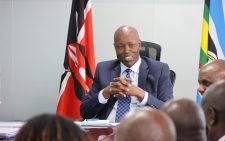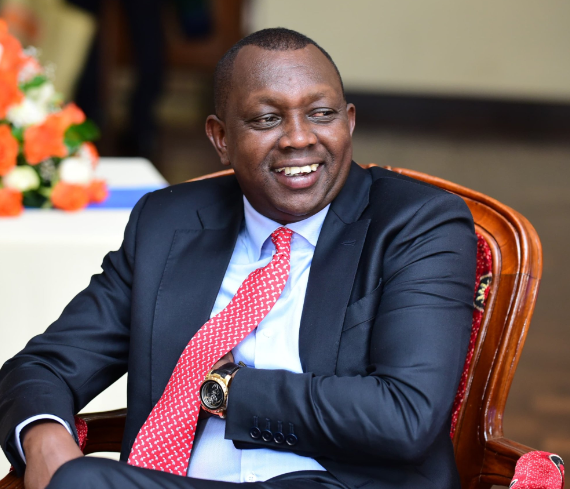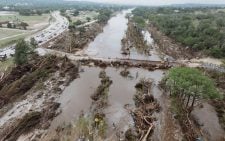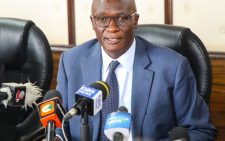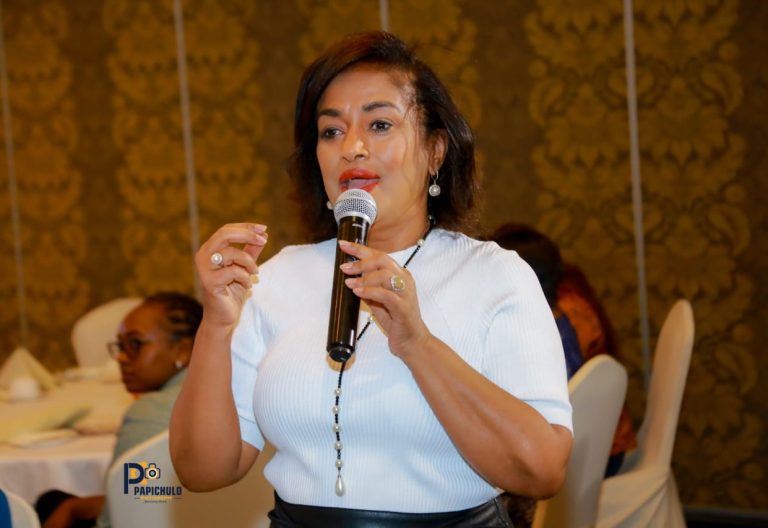For sake of entire region, end bloodshed in Congo
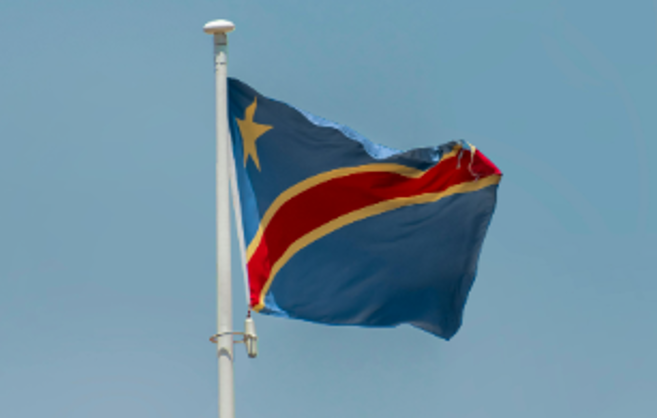
It is now slightly over a week since violence erupted in Goma, the capital and largest city of North Kivu province in eastern Democratic Republic of Congo (DRC), where a vicious fight between armed militia and government authorities has seen more than 700 people killed in one week and millions displaced.
The rebel group M23 is the most active of dozens of armed groups seeking control of the mineral-rich region.
Peace in that region is crucial for fostering regional growth in East and Southern Africa and leaders must strive to bring the conflict to an end. Stability and security are key in regional development. Conflict and violence disrupt economic activity, displace communities and destroy infrastructure. Peace provides a stable environment for businesses to operate, attract investment, and create jobs.
The DRC is rich in natural resources. Peace allows for responsible and sustainable exploitation of these resources, benefiting both the DRC and the region. Conflict often leads to illegal extraction and smuggling, depriving the country of revenue and fuelling further instability.
To achieve regional integration across the economic, social and political spheres, the war must be brought to a stop. The DRC shares borders with nine countries. Peace facilitates trade, cross-border cooperation, and infrastructure development, promoting regional integration and economic growth. Conflict hinders these processes, isolating the DRC and limiting regional development.
The ongoing conflict has created a severe humanitarian crisis, with millions displaced and in need of assistance. Peace reduces the need for humanitarian aid, freeing up resources for development initiatives and long-term economic growth.
Peace also attracts foreign investment and encourages tourism, both of which contribute to economic growth and development. Conflict deters investors and tourists, hindering economic progress.
Additionally, peace allows for the implementation of development programmes and projects that address poverty, improve healthcare and education, and promote sustainable development. Conflict diverts resources away from these crucial initiatives.
Peace in the DRC is not just a humanitarian imperative but also a crucial factor for regional economic growth. It creates a stable environment for development, encourages responsible resource management, promotes regional integration, and attracts investment and tourism.



